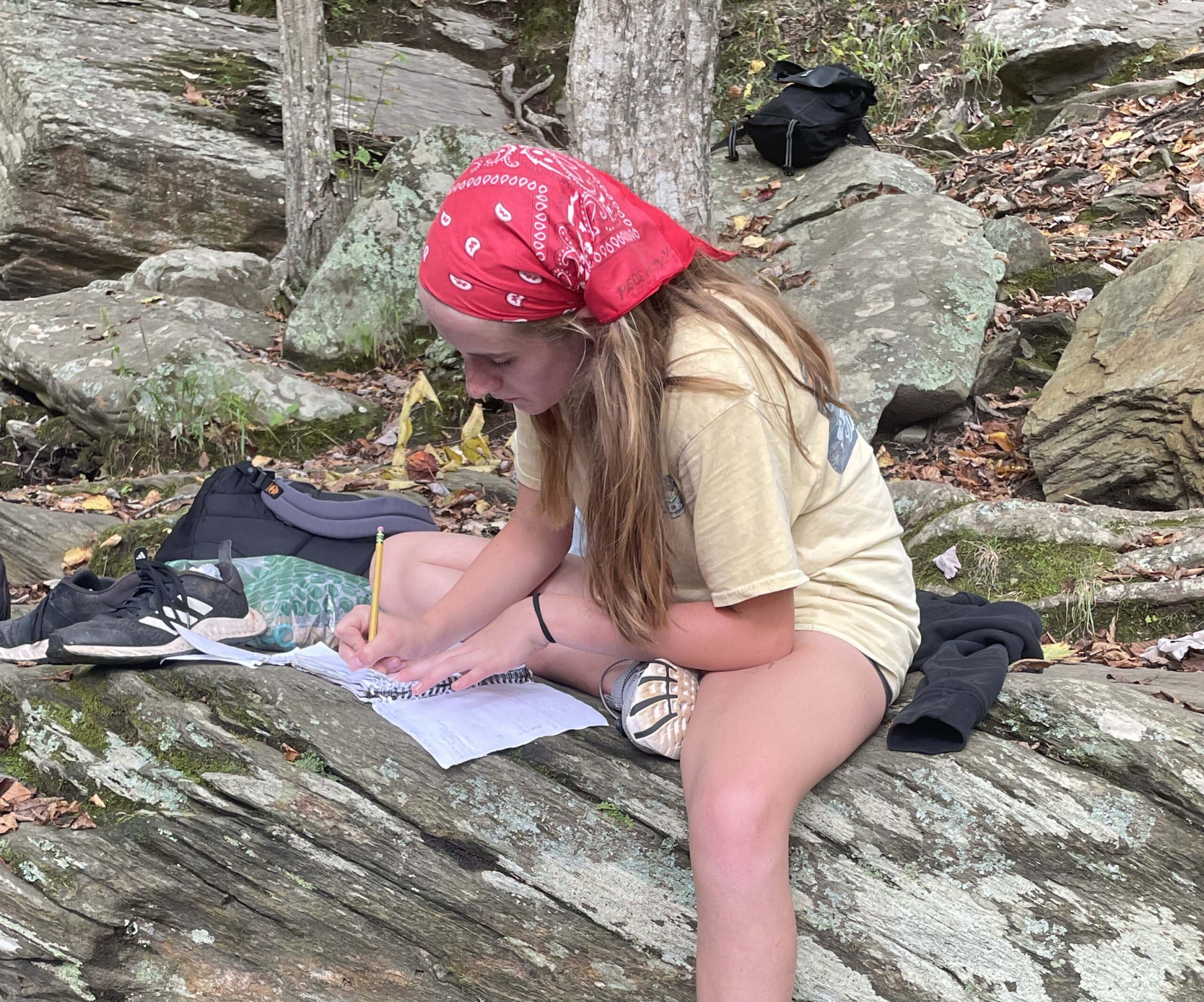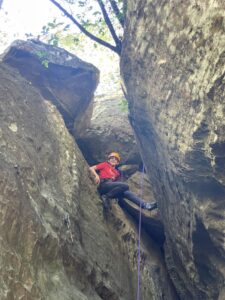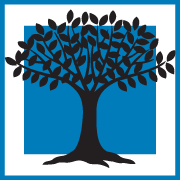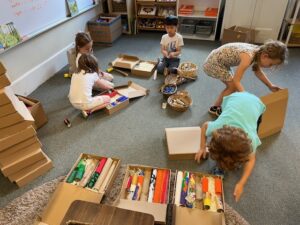
A recent New York Times opinion piece highlights a crucial challenge in education today: too few students are given the agency to take charge of their learning. This lack of agency leaves young adults feeling unprepared for life beyond school, a sentiment echoed by 49% of Gen Z respondents in a Gallup and Walton Family Foundation survey. Employers also note that young hires often lack initiative, problem-solving skills, and resilience. But as the article argues, when students are empowered to set their own goals and work toward them, they gain the skills needed to succeed in work and life.
At The College School, we have long championed this approach. Our mission is to nurture curiosity, creativity, and independence through experiential and theme-based learning. We see agency not as a buzzword but as the foundation of an education that prepares students for the real world.
Building Agency Through Experiential Learning
Agency begins by giving students meaningful opportunities to make choices, set goals, and take ownership of their learning. This doesn’t mean “anything goes”; it means supporting students as they identify interests, chart a path forward, and course-correct when needed.
At The College School, this philosophy is woven into every grade level. In the younger years, a Reggio Emilia-inspired curriculum encourages students to explore their environment and develop questions to guide their learning. As they grow, students engage in hands-on experiences like our Wilderness Experience, Field Ecology, and long-term projects that require planning, collaboration, and self-reflection.
This approach, according to the New York Times article, mirrors the findings of Johnmarshall Reeve, a professor who has studied the power of agency in classrooms. When students are given even small opportunities to guide their learning—such as being asked what they’re curious about before a lesson—they become more engaged, perform better academically, and report greater happiness.
A Practical Model for Agency

At The College School, students are challenged to push beyond their personal boundaries through hands-on, adventure-based challenges likes rock climbing, canoeing, orienteering, and more.
The New York Times article highlights programs like Big Picture Learning, where students spend time in internships exploring their interests. Similarly, The College School integrates real-world applications into the curriculum. Whether students are conducting fieldwork in local communities, tackling environmental challenges, or creating art that reflects their understanding of a theme, they practice setting goals and pursuing them with guidance from teachers.
One example is the 4/5 Play, where students take on creative and committee roles and problem-solve as a team to bring a story to life. Teachers act as mentors, encouraging students to reflect on their progress and adapt their strategies. This process aligns with research showing that such practices not only increase engagement but also build skills like communication and resilience.
A Vision for Education
The New York Times piece calls for a shift in education toward a model that prioritizes unlocking students’ potential over ranking them by narrow metrics. At The College School, we embrace this vision every day. By fostering agency, we prepare our students not just to succeed academically but to navigate life with confidence, adaptability, and purpose.
In an era of rapid technological advancements, political polarization, and global challenges, students need more than rote knowledge; they need to know how to think critically, act decisively, and collaborate effectively. At The College School, we believe the best way to prepare students for tomorrow is to empower them today.
Learn more about our approach to education and how we foster agency in every student at The College School.



